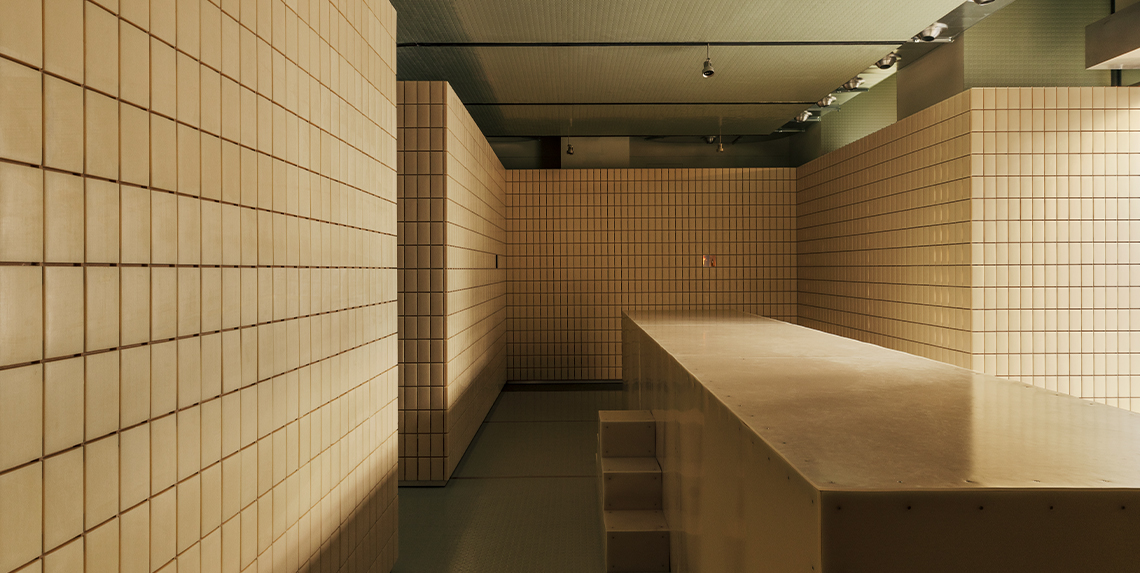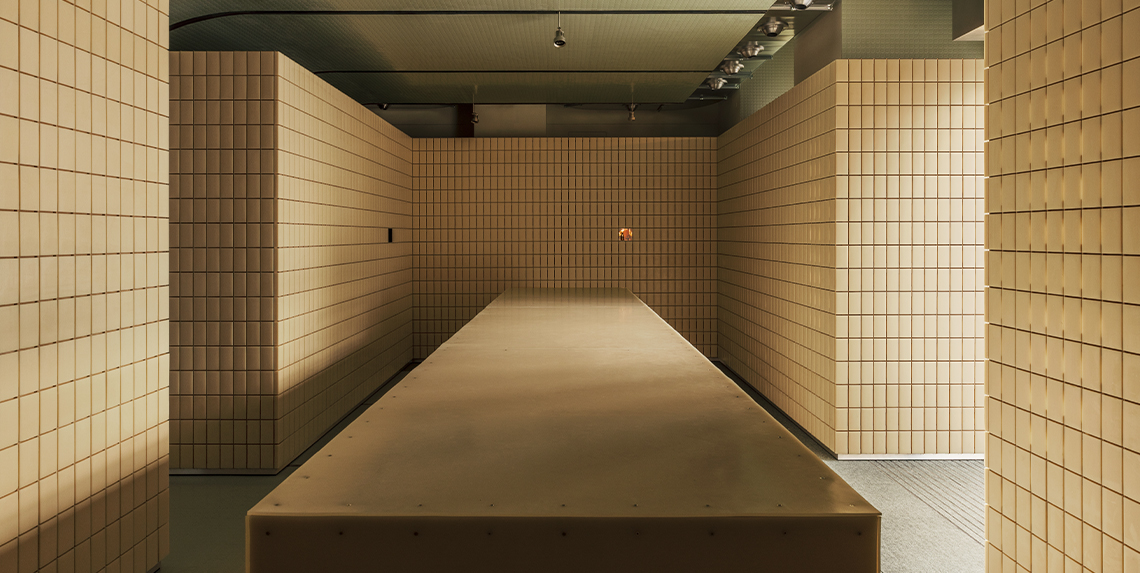The term ‘Arte Povera’ translates as ‘poor art’ or ‘art of poverty’. With an anti-materialist aesthetic, the movement that emerged in Italy in the 1960s sought to break with artistic conventions and question the role of art in society. Aesop‘s philosophy has a lot to do with the principles of said movement. Both reject the use of expensive materials, opting instead for everyday and organic elements, such as earth, wood, stone, metal, fabric and rope.
This synergy was reflected during the recent edition of the Salone del Mobile when the new Aesop store in Piazza Cordusio in Milan was transformed into a sensory piece designed by Belgian architect Nicolas Schuybroek: “The scenography was inspired by the Arte Povera movement of the late the 60s and 70s”, following the formulation logic so characteristic of the brand. It is not the first time that Nicolas has taken this movement as a reference for his practice, but on this occasion it could not make more sense. “Restricting materiality to something as simple as a bar of soap resonates with the principles of the movement, and at the same time echoes Superstudio’s iconic monochromatic grid structures of the 1970s.”
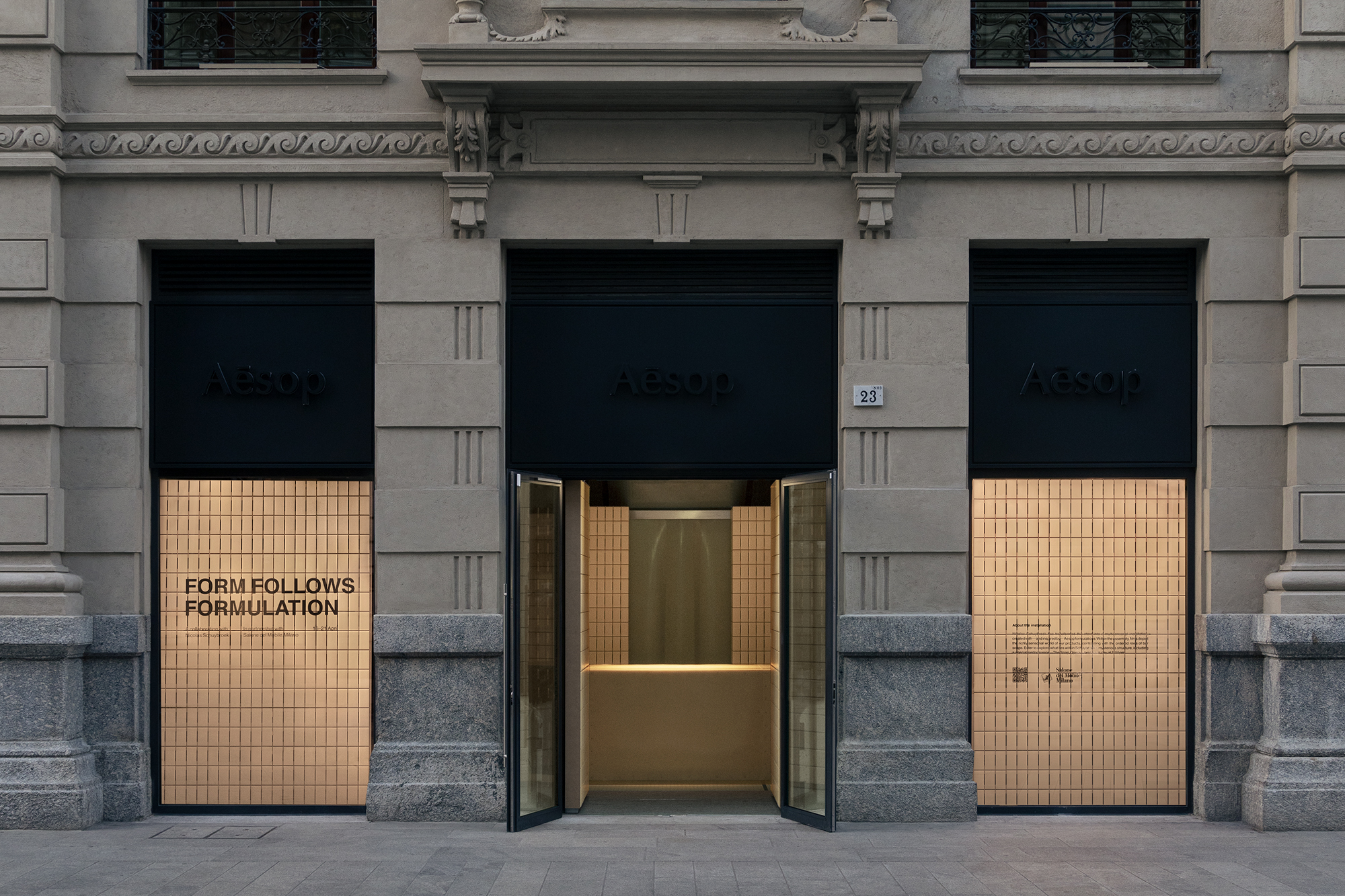
Although the Arte Povera movement itself was brief, its legacy lives on in the continued exploration of the relationship between art, the individual, and the medium. atmosphere. As in many of his pieces, in the installation created during the Salone, Nicolas explored unconventional modes of construction with an everyday material, in this case a functional household item used en masse in a grid formation, within which, are created small rectangular cavities that generate portals through which to enter the sensory world of Aesop products.
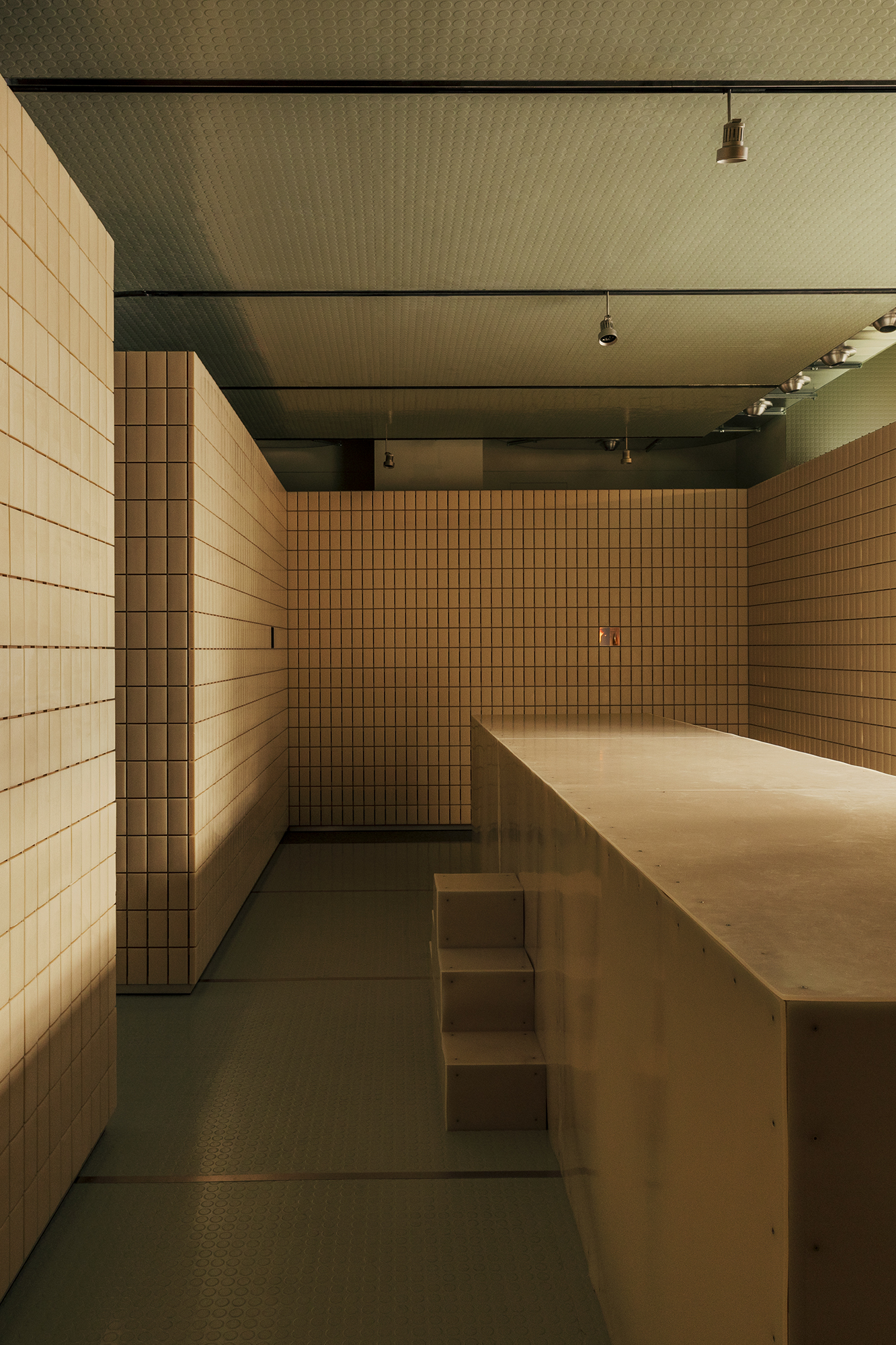
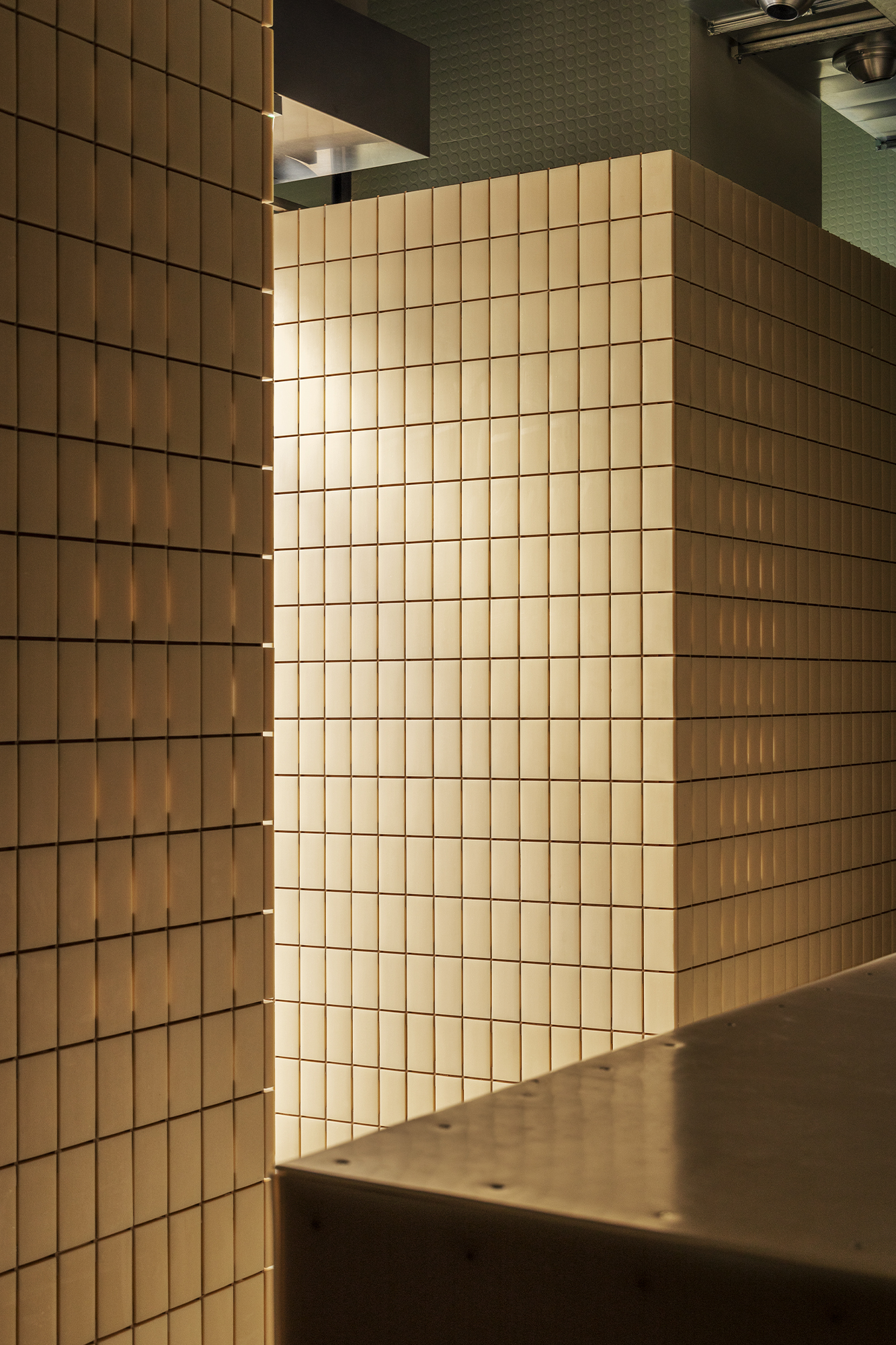
For Aï Kato, creative director of the brand founded in Melbourne in 1987, Nicolas’ installation with the name Form follows formulation “is a holistic expression of Aesop that unites our respect for design with our desire to elevate everyday acts such as washing our hands or hydrate into something exceptional, and even fun.”
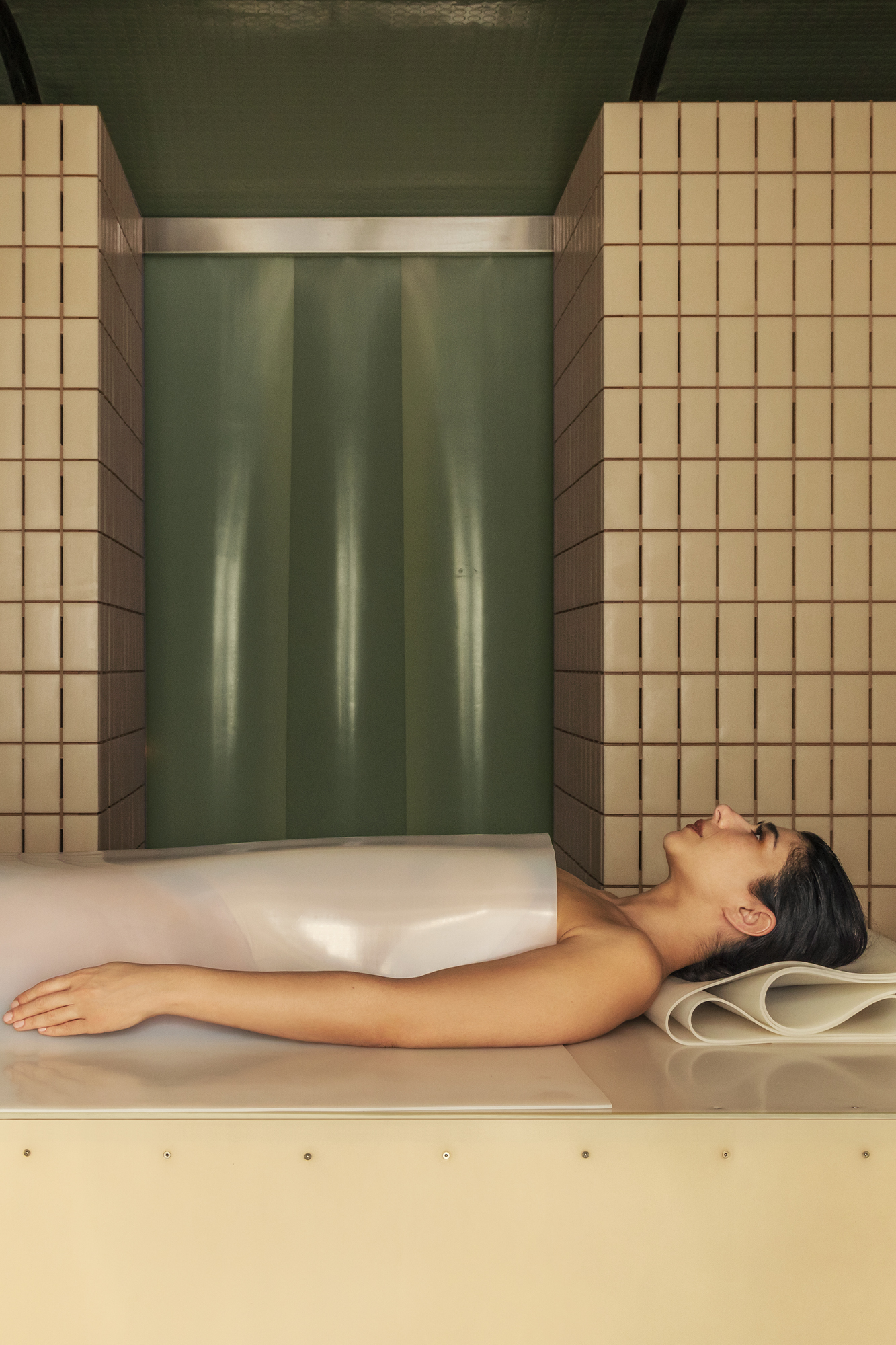
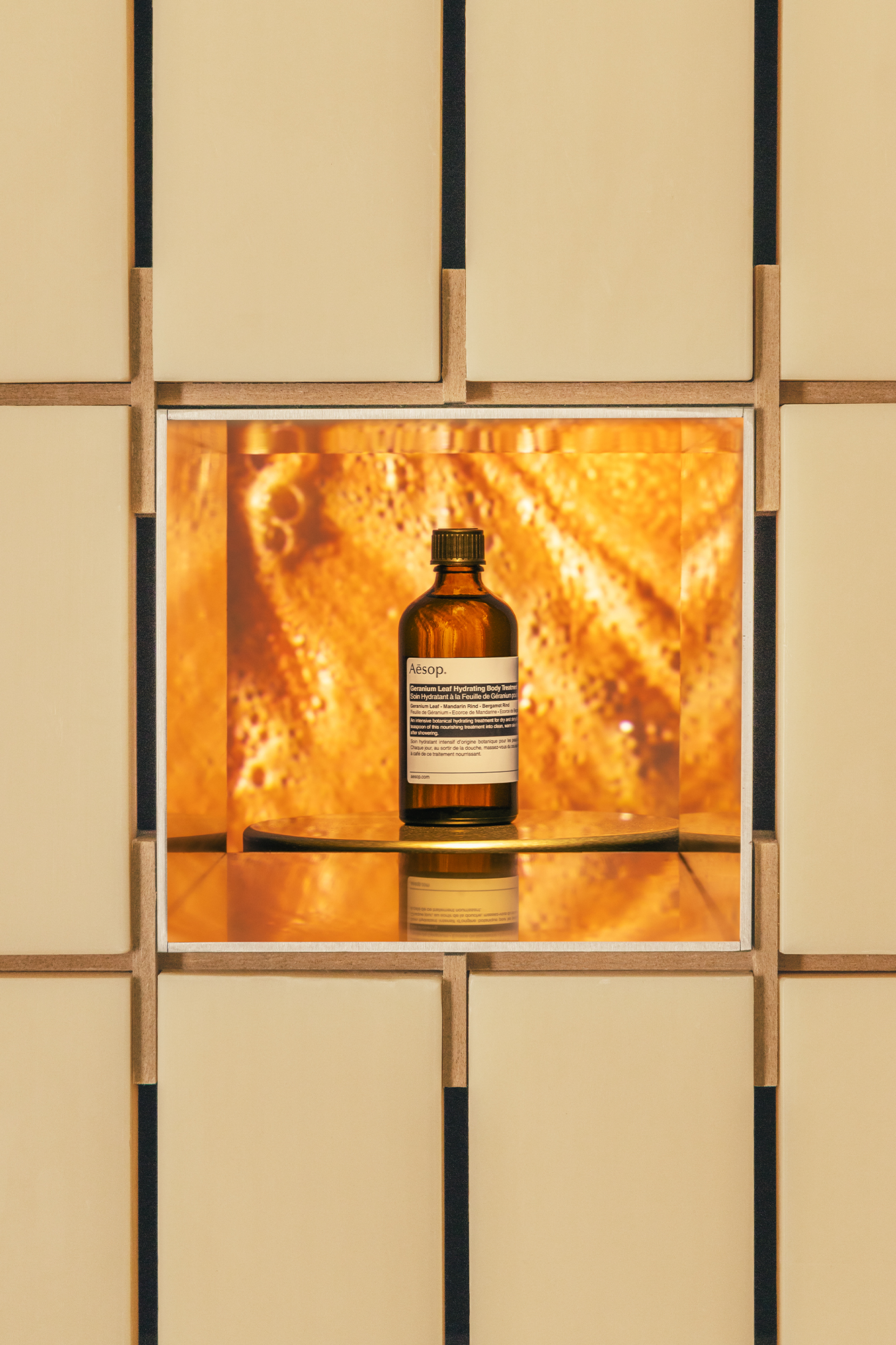
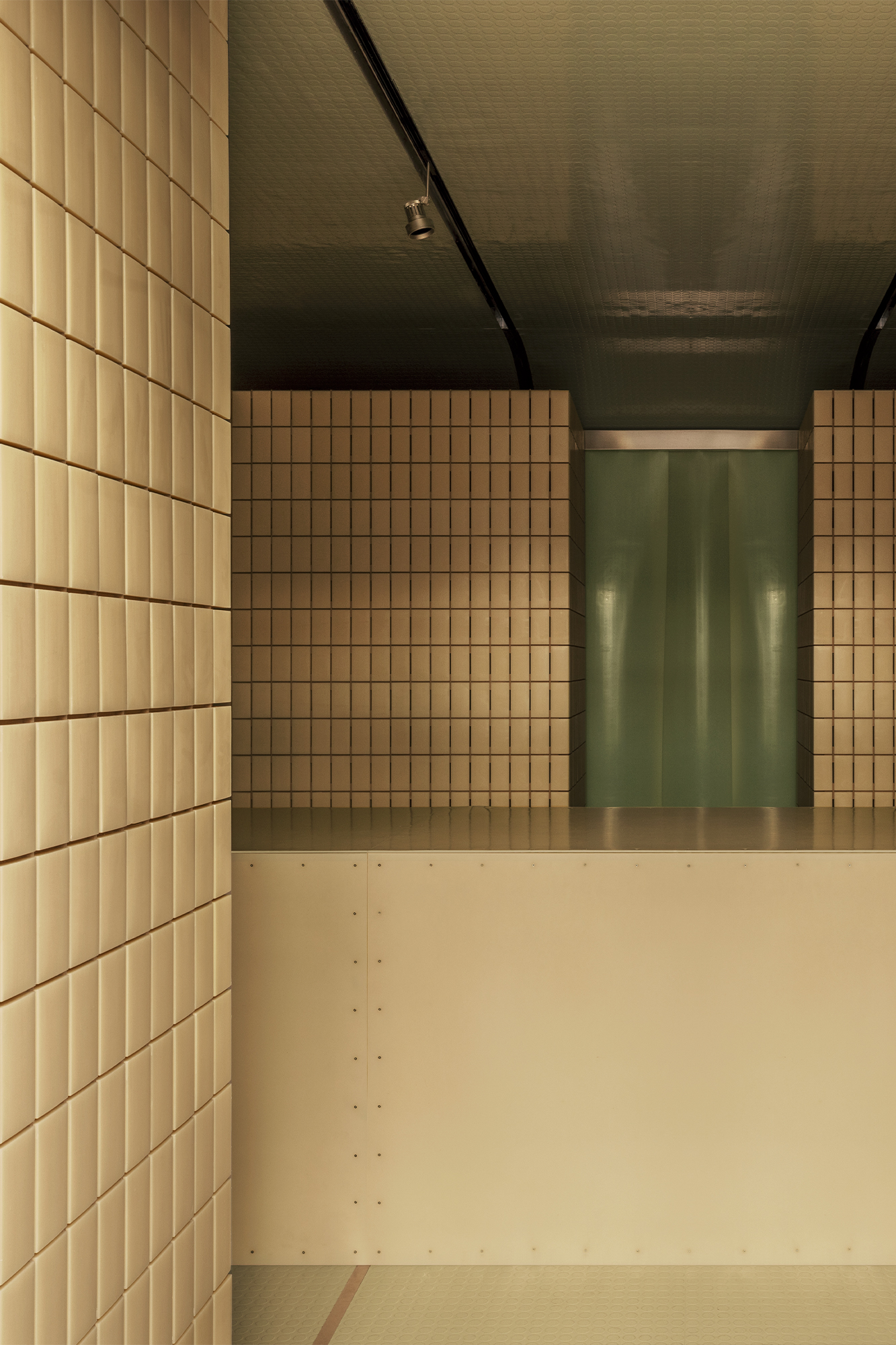
For some time now, as a society, we have begun to realize that, if we manage to feel good about ourselves, it is easier for us to make everything around us feel good. Aesop’s proposal during the Salone returned us to the path of connection with ourselves in an event so massive that the amount of stimuli can make our mind derail.
